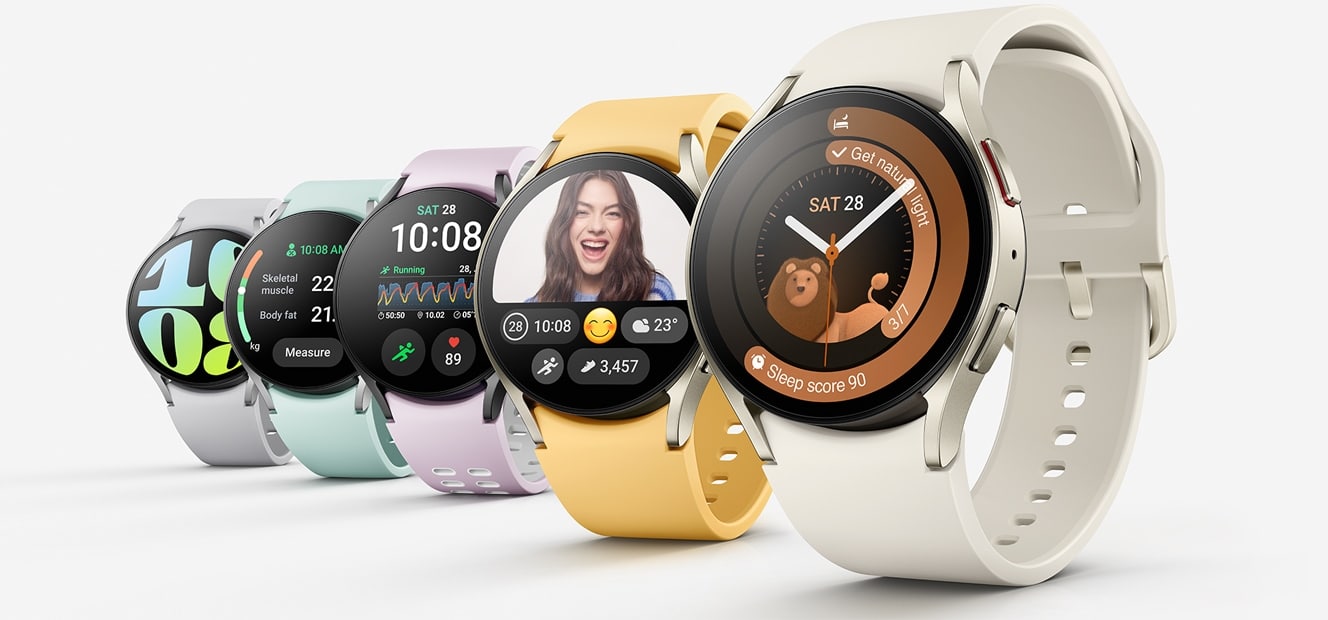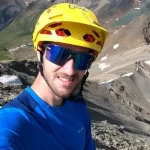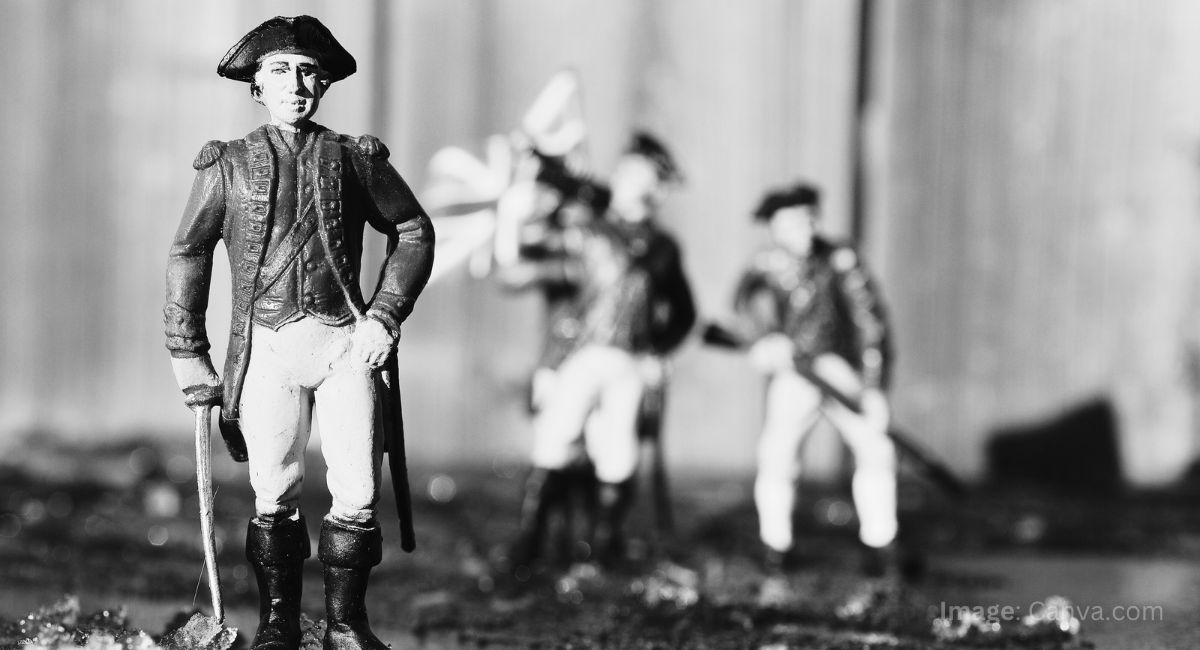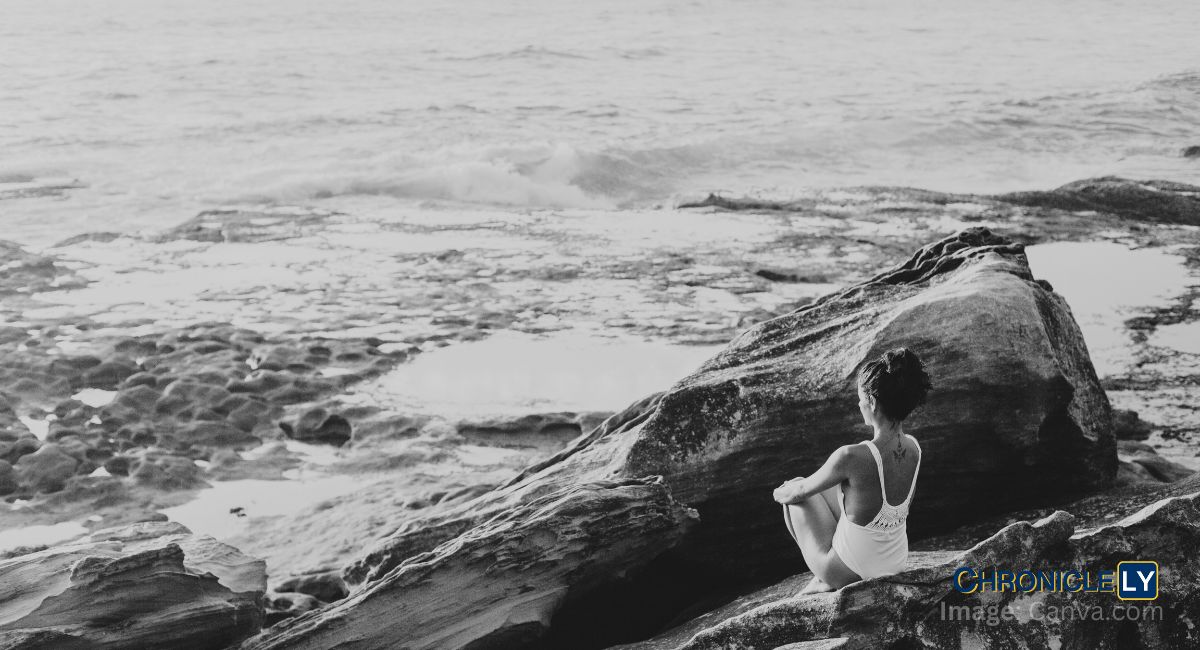Meet Stefan Eberharter, a MTB pro rider who got an excellent skills and training of downhill and other important bike riding skills that will take your breath away.
In this interview, we have discussed many possible things and get you some important experiences and lesson for you if you are a new rider or a beginner.
Interview with Stefan Eberharter on MTB essential skill and training and why he carries the first aid kit

Perfection is essential for success in any discipline. Tell us more about Bike Trial, what sorts you are familiar with, and where you learnt it.
As a trials rider, your main goal is to ride over obstacles with your bike. The better you get, the harder obstacles you can do. So there isn't really a limit you can achieve and there is always room to get better.
That's what I like so much about the sport. I started at a pretty young age and we were a bunch of friends who were riding together. We built some obstacles in my parent's garden, so we also had a pretty nice training ground.
Do you believe doing a switchback is an important ability for MTB riders to have to achieve perfection?
In an area like the Alps, with trails full of tight corners, this technique helps a lot to enjoy your riding. When you know how to go around narrow corners by lifting and placing your rear wheel, you can master nearly every trail. It makes your riding more complete.
Everyone experiences failure before achieving success. Please tell us when you first failed to do a "switchback" and what happened.
Exactly, you only get better on the bike by failing many times. Before I started to ride mountain bike, I've spent many years on the trials bike. So the step to do a switchback on a mountain bike was not a big one anymore, as I've learnt the main techniques on the trials bike before.
But then I failed a lot by learning all the variations you can see in my videos. For some of them I needed countless repetitions to make them look nice in the end.
Many riders are unable to find suitable training grounds. List the top MTB cycling routes in your country for training purposes.
I'm living in a small village in the alps which is surrounded by some awesome trails and possibilities for training, so I am pretty lucky. I think it depends on every rider on which kind of trail or terrain you have the most fun. In my case I like technical and alpine trails the most. For this kind of riding I can suggest to check out locations like the Vinschgau in South Tyrol. There you can find really good trails combined with epic views and delicious Italian food.
Cycling is one of the finest exercises for burning calories quickly and aiding in weight loss. Have you ever gone on a lengthy riding trip? If so, please share your favourite memories.
Two years ago I did an incredible trip through the western alps together with a friend. Every day we went up to another summit, searching for new trails. For me there is nothing better than enjoying the sunrise when you're on top of a mountain.
Biking injuries are prevalent, especially for downhill riders. Is it necessary to carry a first-aid kit while training or racing downhill?
During downhill racing, organisers set up a medical camp with doctors on hand. Most MTB novices, in my experience, have these questions.
I'm not really into downhill racing, but on races there is medical support for sure. When you spend a day in the bikepark it's for sure not a bad idea to have the most important first aid stuff with you.
As I'm riding most of the time in areas without a rescue infrastructure, I always bring my first aid kit with me. It can always happen that you crash or hurt yourself when riding your bike, so it's important to make sure you can deal at least with minor injuries on your own.
Please walk us through your cycling adventure beginning with when it all began and the inspiration behind it.
My father was a moto trials rider so I wanted to do the same. But I guess I was a little bit too small to ride a motobike, so I got a trials bike instead. I think I was 8 years old at this time. The guy who sold us the bike gave me also an Hans 'No Way' Rey film, from where I got a lot of inspiration of how to ride.
And so everything started.Over the years I participated in many trials competitions, until I became European Champion and Vice-World Champion in 2015. After that, I decided to stop doing competitions and found my new passion in technical mountainbike riding. Today my goal is to find new trails, producing videos and inspire people out there to start with mountainbiking.
Do you have any bike recommendations for both novice and expert riders?
I think the only advice I want to give is not to think too much about the material. Of course you need the proper bike for what you want to do. But when you have your bike, just try to enjoy the riding and don't focus too much on if you could change the setup or something.
In the end it's all about the rider! And don't get frustrated when things don't work like you want to. Enjoy the process and try to get better a little bit every day.




















